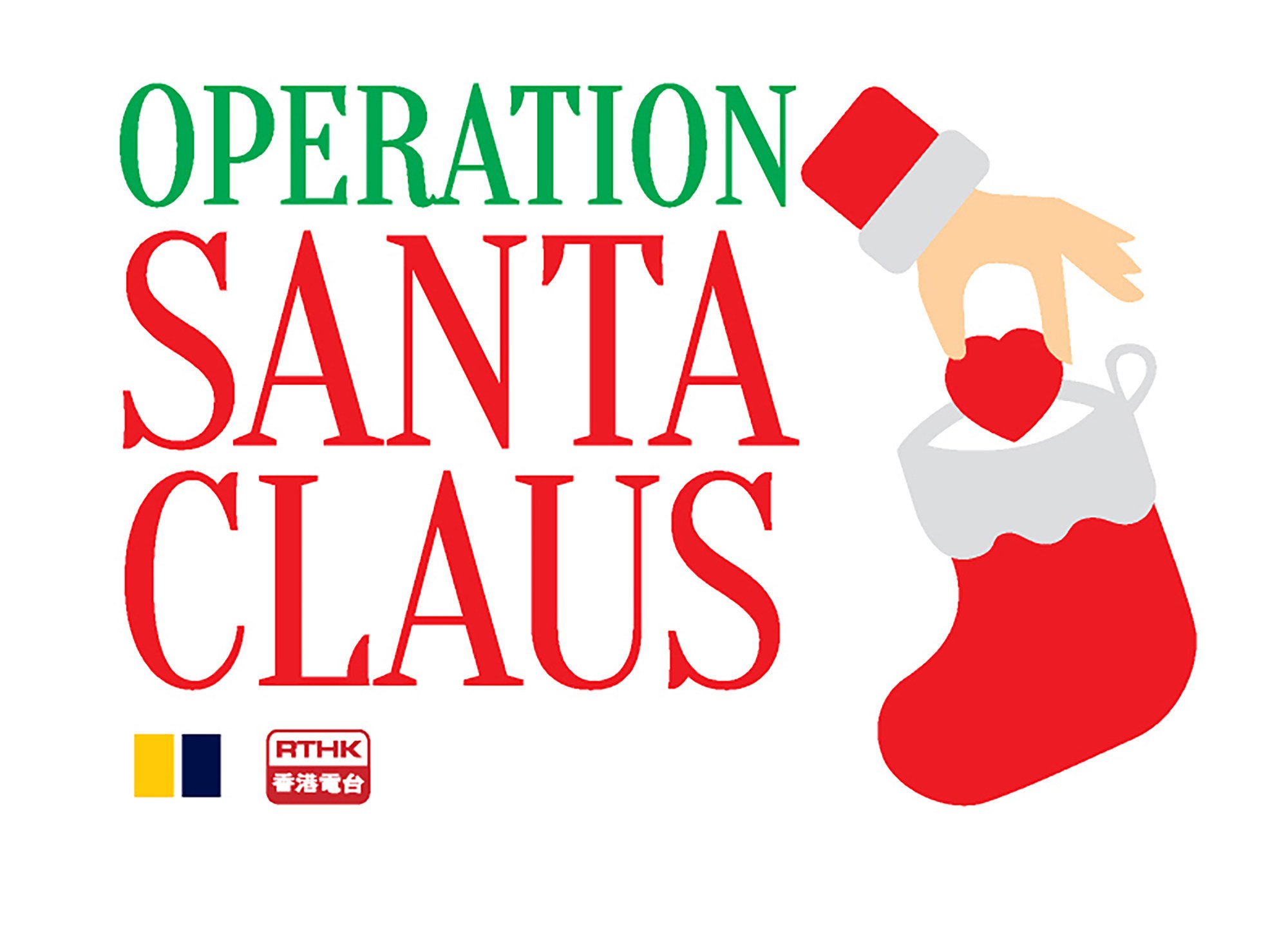Breaking down communication barriers: Hong Kong charity teaches sign language to people with hearing and speech problems, parents and teachers
[ad_1]
Promoting sign language has been an uphill battle in Hong Kong, where it is not commonly learned by people with a hearing impairment and those around them, according to a charity devoted to teaching the skill.
The lack of sign language fluency in the city prompted SLCO Community Resources to launch a three-year-project in 2022 to create a community that can communicate with hand gestures and signs, focusing on both special needs students and also their parents and teachers.
Effective Signed Intervention for SEN Children encourages carers and teachers to use sign language to complement spoken instructions in daily interactions and learning activities with pupils.

“It’s to open a door for them to communicate,” said Chan Fung-mei, senior project coordinator at SLCO. “We want kids who can’t even say they want to eat an apple or go to the bathroom in sign language to learn the basics.”
Next year, the project is expected to benefit 1,600 special needs children under the age of 18, 3,200 family members and 650 professionals and teachers in 32 special schools and service units.
The charity said it was grateful to once again receive funding from banking giant Morgan Stanley, through Operation Santa Claus (OSC), an annual fundraising drive held by the South China Morning Post and public broadcaster RTHK since 1988.
“We’ve had parent-child classes that use stories and playing to teach them sign language … Some parents really use what they learned at home. Some asked for more classes for parents,” Chan said.
‘From cradle to grave’: Hong Kong centre cares for disabled people of all ages
‘From cradle to grave’: Hong Kong centre cares for disabled people of all ages
Founded in 2016 with the support of Chinese University, SLCO aims to popularise sign language, promote sign bilingualism – the use of both sign and spoken language – and foster an inclusive environment without communication barriers.
But Chan said fulfilling the mission had been an uphill struggle, as sign language was not widely taught in the city, including to those with hearing and speaking disabilities.
Deaf, non-speaking pupils or those with speaking difficulties are often enrolled in regular schools, where teachers do not know sign language. Many pupils resort to simple hand gestures, picture cards or tablet computers that have picture icons to communicate their needs.

But these methods were not as effective as sign languages, which also include facial expressions and body movements, and are recognised as complete languages, because they were limited forms of communication and students always had to carry props and devices with them, according to Cheryl Tong Sum, a speech therapist at SLCO.
“With sign language, all you need are your hands and eyes,” Tong said.
Under the project, SLCO’s sign language teachers visit schools once a week, but the amount of time they can spend training children and teachers is limited because it depends on the school schedules.
Chan said while they also provided videos to encourage home learning, it also depended on the students own willingness to master the skill and they might also need someone to help them.
Hong Kong charity shines light on children’s spinal health, offers checks for poor
Hong Kong charity shines light on children’s spinal health, offers checks for poor
But creating a community of people with sign language skills was important, Chan said, adding that this also depended on whether teachers and parents were willing to invest the time to learn the visual mode of communication and help their children as well.
“If we go once a week, the impact is not great, but if parents and teachers can also learn, it will create an environment that will help the kids learn better and improve,” she said.
There were encouraging signs, however, including stories from parents who had noticed a difference in their children after they began learning the invaluable skill, Chan added.
The HUB Hong Kong aims to tackle stress, anxiety among underprivileged youngsters
The HUB Hong Kong aims to tackle stress, anxiety among underprivileged youngsters
Chan recounted the story of a shy autistic pupil, who could hear but had difficulty speaking. She said the youngster’s mother said that, after she began learning sign language, she became more willing to speak and even asked to sign up for more classes.
SLCO’s initiative is among the 15 charitable projects by worthy causes being funded by OSC this year. OSC has raised HK$369 million to support the Hong Kong community through 338 charitable projects since 1988.
[ad_2]
Source link





